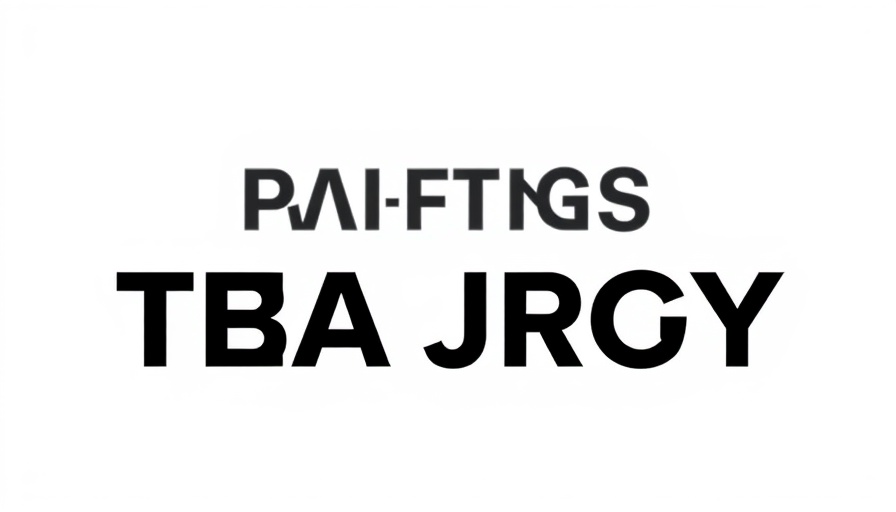
A Major Legal Win for Federal Contractors
In a decisive move that could reshape the landscape of federal construction, the United States Court of Federal Claims has struck down the Biden Administration's mandate requiring Project Labor Agreements (PLAs) on large-scale projects. The ruling in MVL USA, Inc. et al. v. United States on January 21, 2025, highlights crucial principles of competition under the Competition in Contracting Act (CICA), raising questions about the future of federal labor policies.
Understanding Project Labor Agreements (PLAs)
Project Labor Agreements have been a point of contention in the construction industry, with their usage often swinging according to the sitting administration. Under President Biden's Executive Order 14063, implemented in 2022, PLAs became mandatory for federal projects exceeding $35 million, a policy thought to enhance project efficiency by establishing uniform labor standards. Yet, this approach faced serious backlash, culminating in the recent court ruling.
The Court's Findings: A Closer Examination
The coalition of twelve major construction firms argued vehemently against the PLA requirement, asserting it restricted competition and inflated costs. In instances where federal agencies conducted market research, the data suggested PLAs were not viable. One agency, for instance, learned that mandating a PLA would discourage contractor participation due to a skilled labor shortage.
Despite clear evidence, agencies proceeded to enforce these labor agreements, revealing a disconnect between executive policy and the realities contractors face on the ground. The court stated that federal agencies cannot overlook market dynamics; their policies need to reflect the nuances of the construction environment.
Implications for Future Federal Contracting
The ruling offers a beacon of hope for federal contractors aiming for a more competitive contracting environment. By reaffirming CICA mandates, the court has insisted that procurement regulations must prioritize competition. This decision indicates a potential shift in how federal contracting may evolve post-President Biden’s administration.
A Call to Action for Contractors
This decision empowers contractors to advocate for more flexible, competitive procurement methods in future federal projects. With this newfound backing, industry stakeholders must capitalize on this momentum to engage in dialogue with policy-makers, ensuring that market research informs labor practices rather than unilateral executive mandates.
Conclusion: Navigating the New Landscape
The Court's decision is not merely a legal victory; it represents a pivotal moment in the ongoing conversation around labor agreements in federal contracting. As the construction industry adapts to these changes, companies must remain diligent in promoting open competition and advocating for policies that serve their interests and those of the broader economy. Keeping abreast of these developments is vital for fostering a more inclusive and competitive federal contracting environment.
 Add Row
Add Row  Add
Add 




 Add Row
Add Row  Add
Add 

Write A Comment